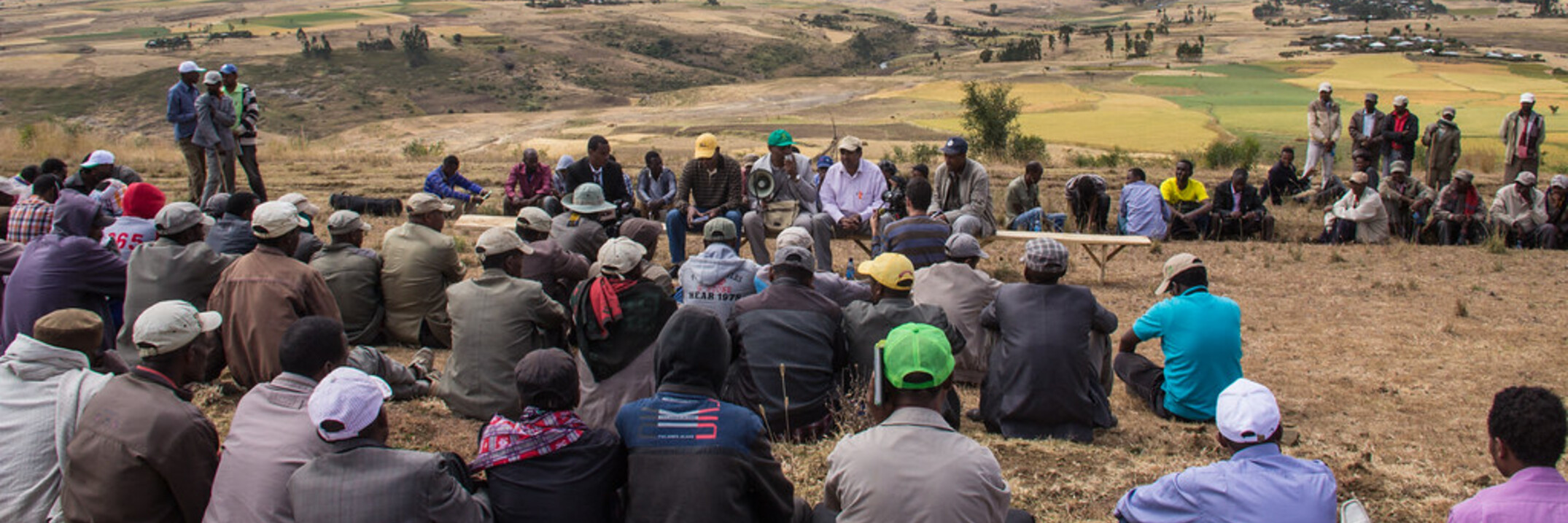The Thar Desert, Sindh, Pakistan is characterized by low productivity. Besides, economy is based on agriculture, livestock and mining, nevertheless, livestock graze freely on public and private land. The aim of this research was to determine biomass...


